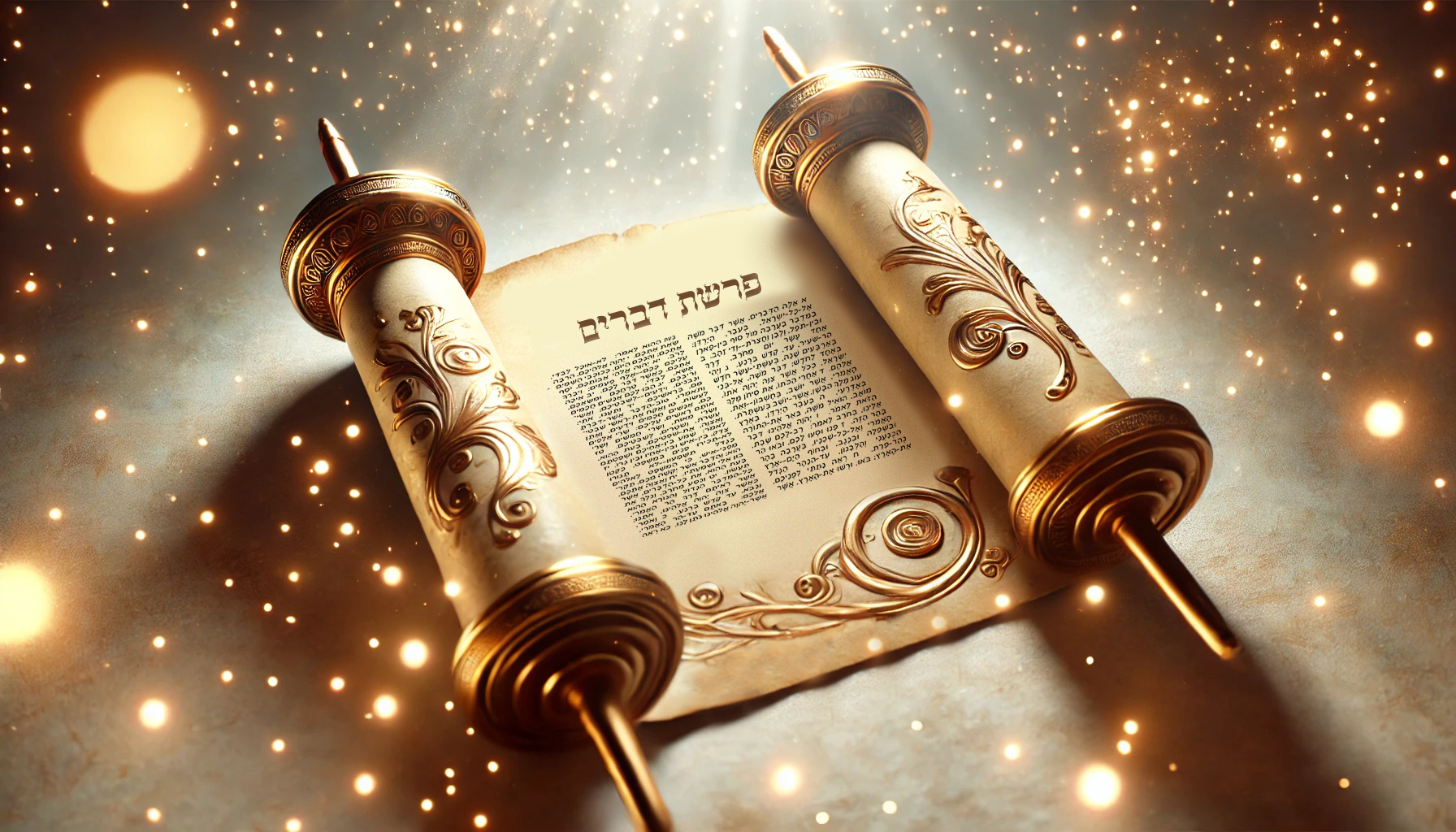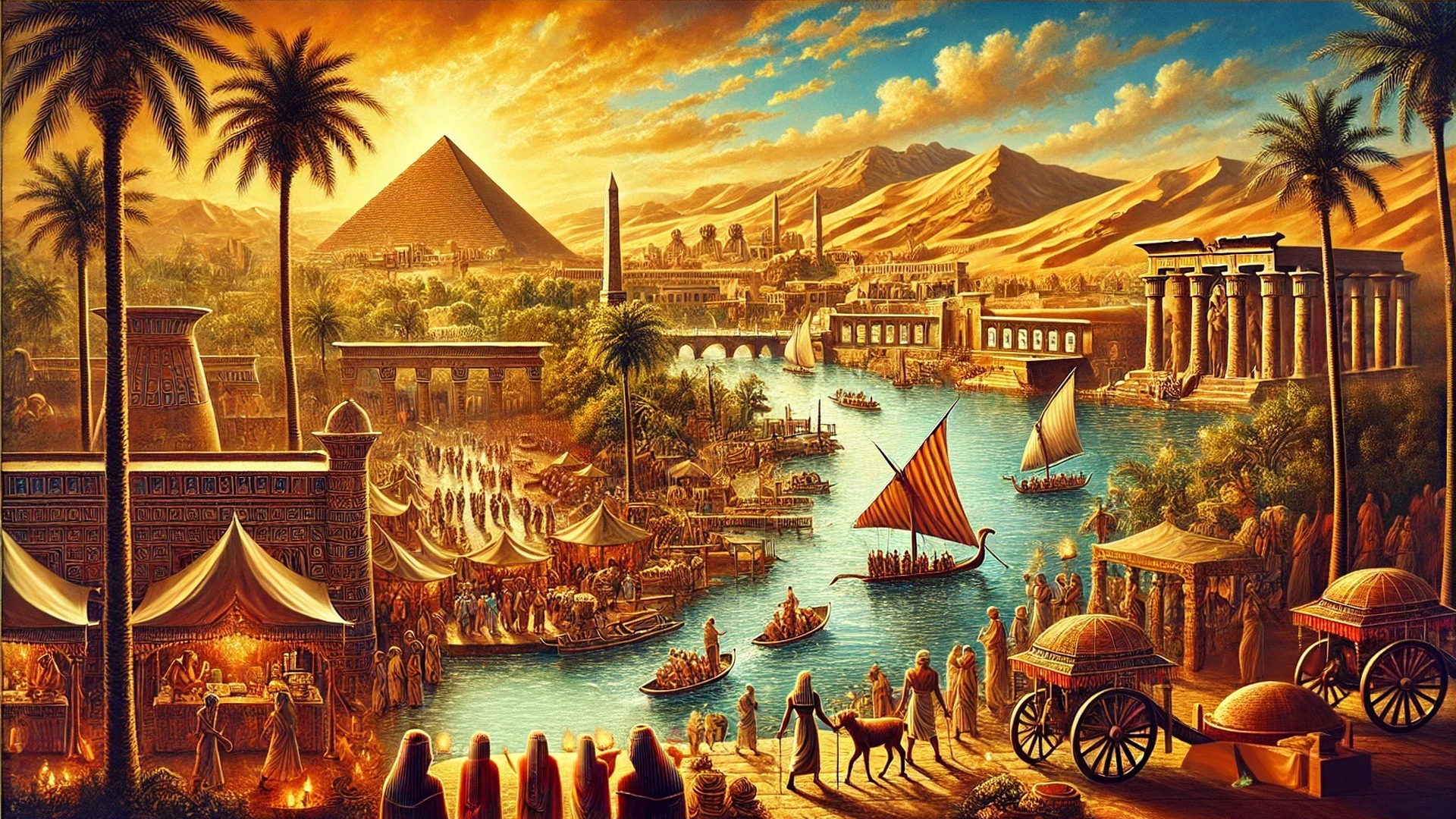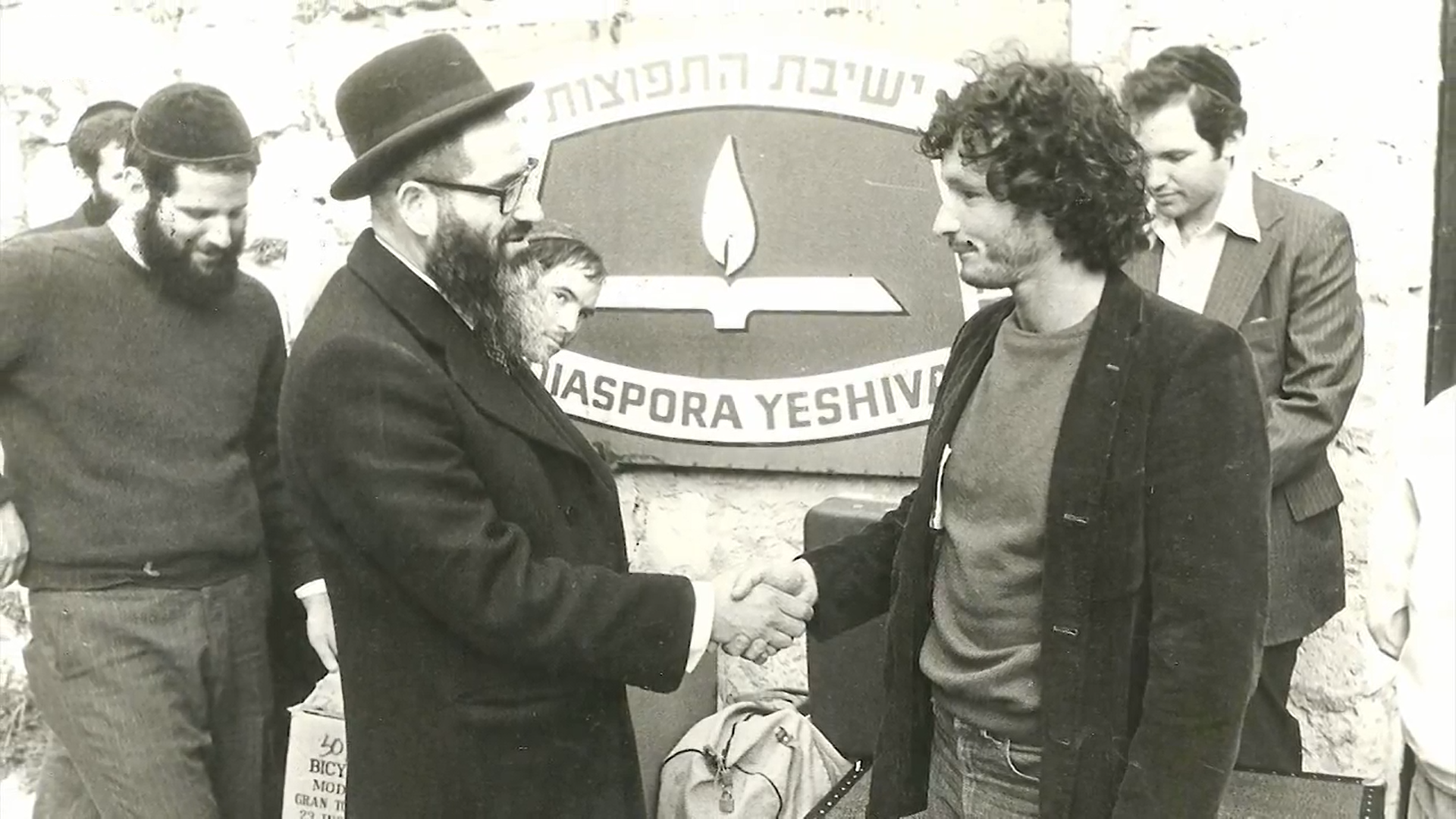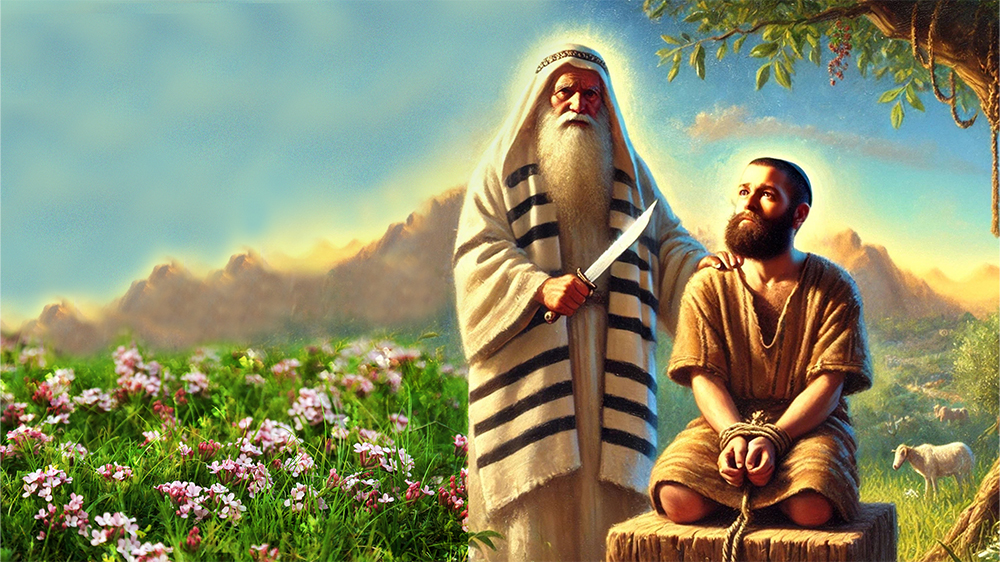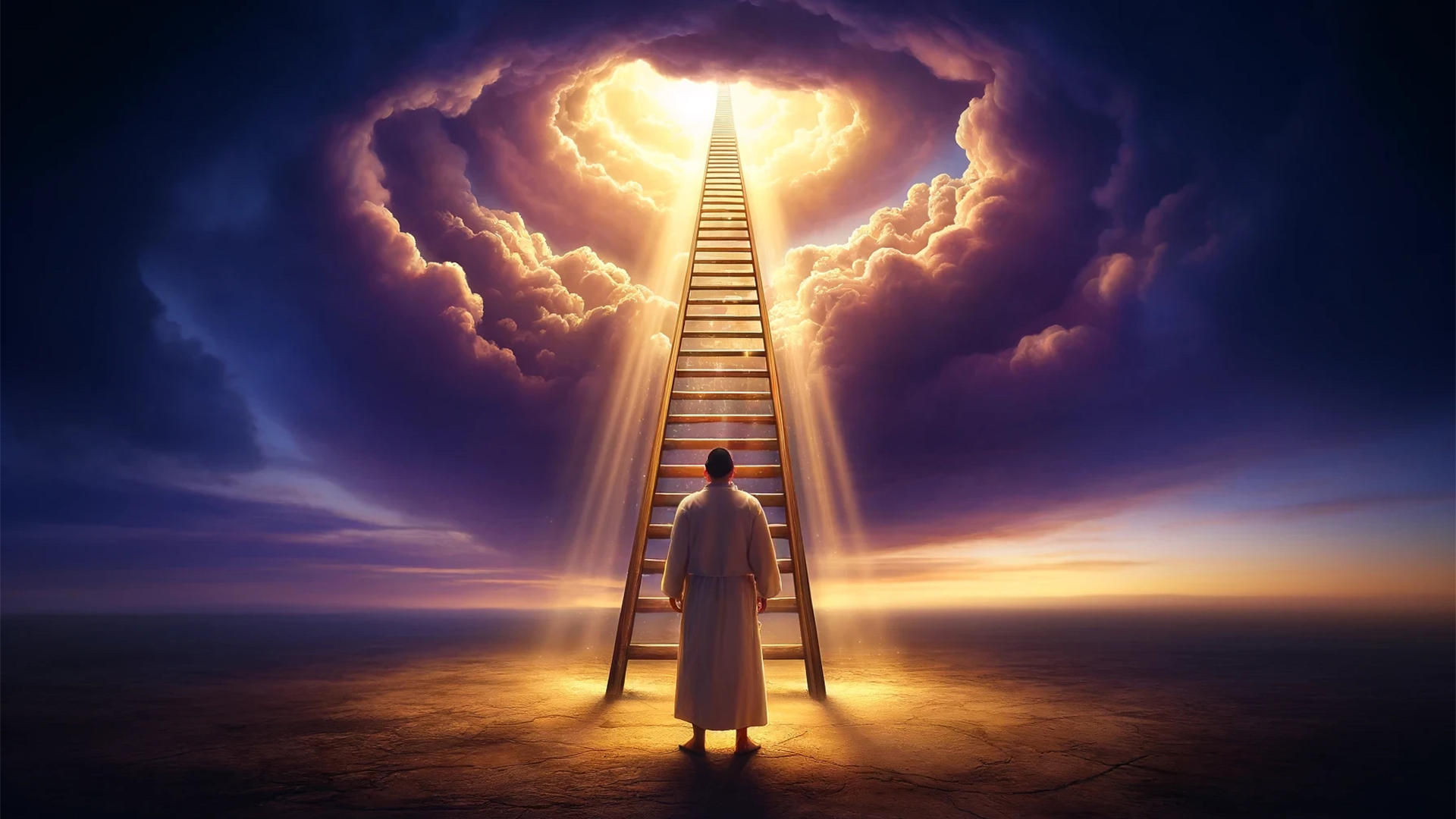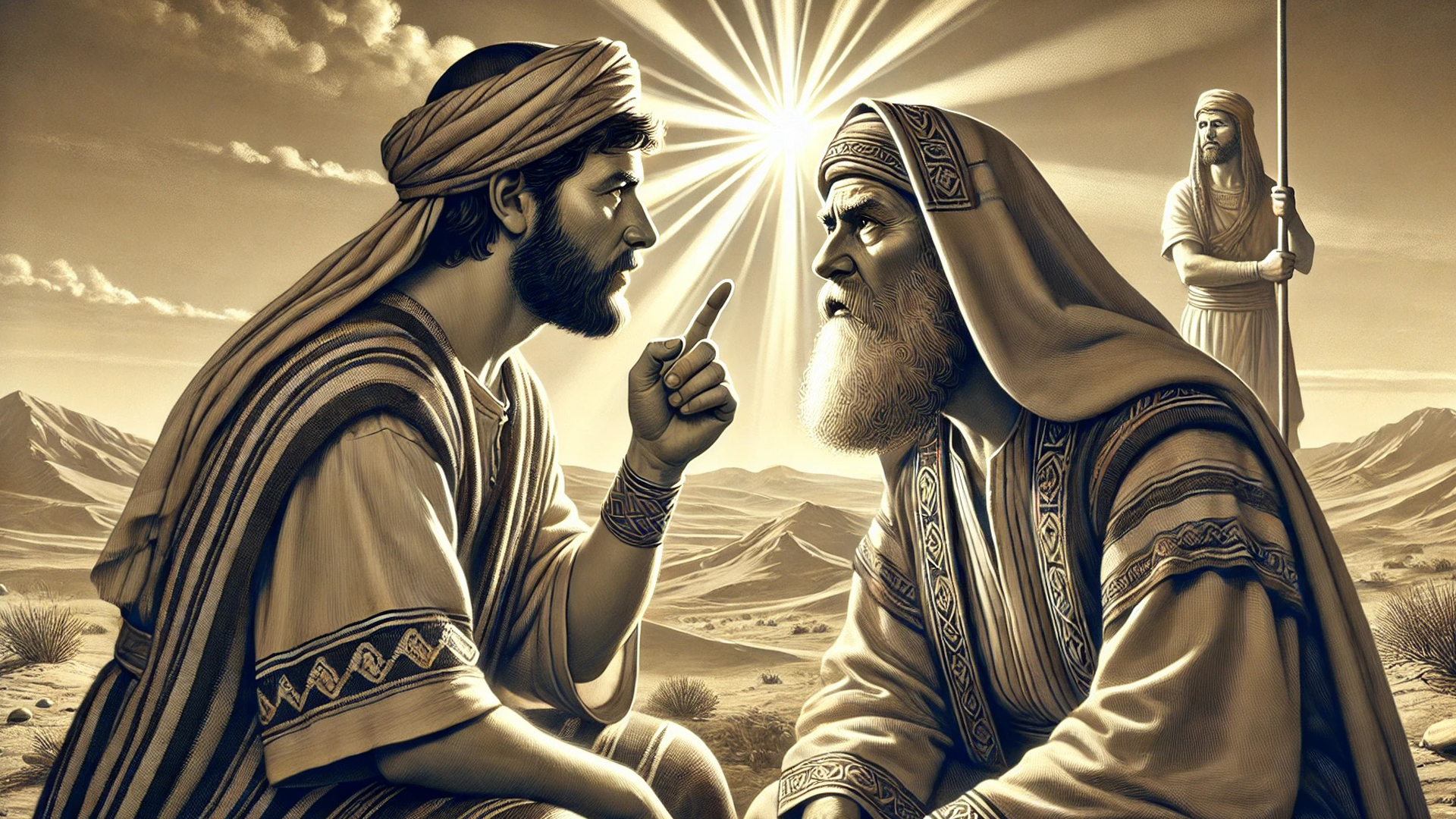Uncover why Yitzchak Avinu asked Esav for food before blessing him. Explore the deep connection between food, blessings, and the soul
Explore the unique status of Sefer Devarim—its divine origins, Moshe’s role, and how it redefines rebuke, teshuva, and our bond with Hashem.
What disappointment Yosef could have felt. This disappointment could have shaken him to the core. And yet, we see no mention of this.
Hespeidim (eulogies) and siyum on the Eighth Yartzeit of the revolutionary founder of Diaspora Yeshiva Toras Yisrael — the original baal teshuva yeshiva — HaRav HaGaon Mordechai Goldstein, ztz”l.
Doeg the Edomite teaches us how critical it is to work on our traits of character. Doeg was a talmid chacham [a Torah scholar], and had many wonderful qualities, but this did not help him because he “preferred evil to good.”
Torah From Zion Eternity and Holiness of the Torah, the Land of Yisrael, and the Beloved Nation By David Schwartz December 3rd, 2024 / 2nd of Kislev, 5785 Every year, I think about what stood out to me about the …
Discover the story of Dinah, the power of imagery, and its lessons on influence, choices, and personal growth in this insightful reflection.
Yaakov removed his feelings from his heart in order to serve Hashem in the correct way. This is the epitome of Yaakov’s midda of emess, the central ambition in his life.
Uncover the deep duality of Esav’s character, Rivka’s struggle, and profound lessons on repentance and true righteousness
The trait of emess [truthfulness] is different than we think. It does not mean one should simply act upon his true feelings, but that he should conduct himself according to what is the correct thing to do. Indeed, if a person just follows his emotions, he will lose his ability to judge and evaluate his actions.

